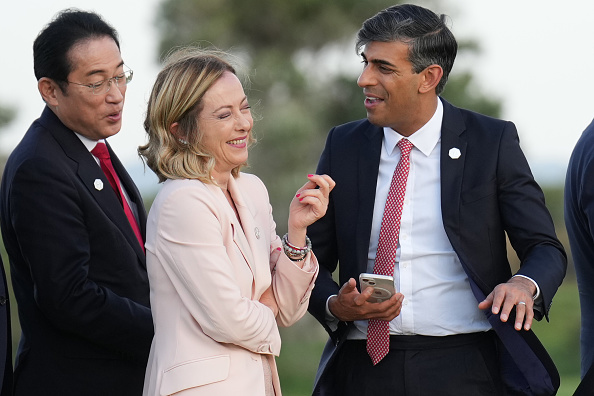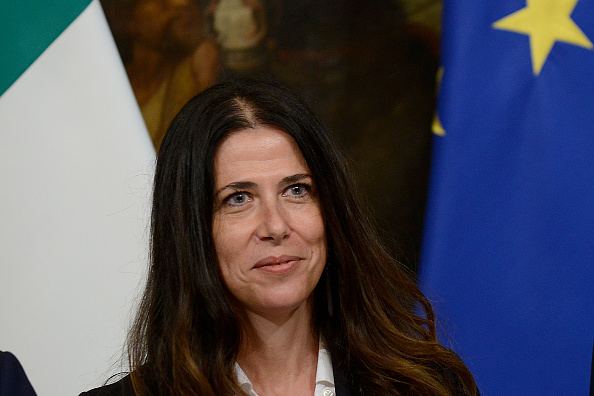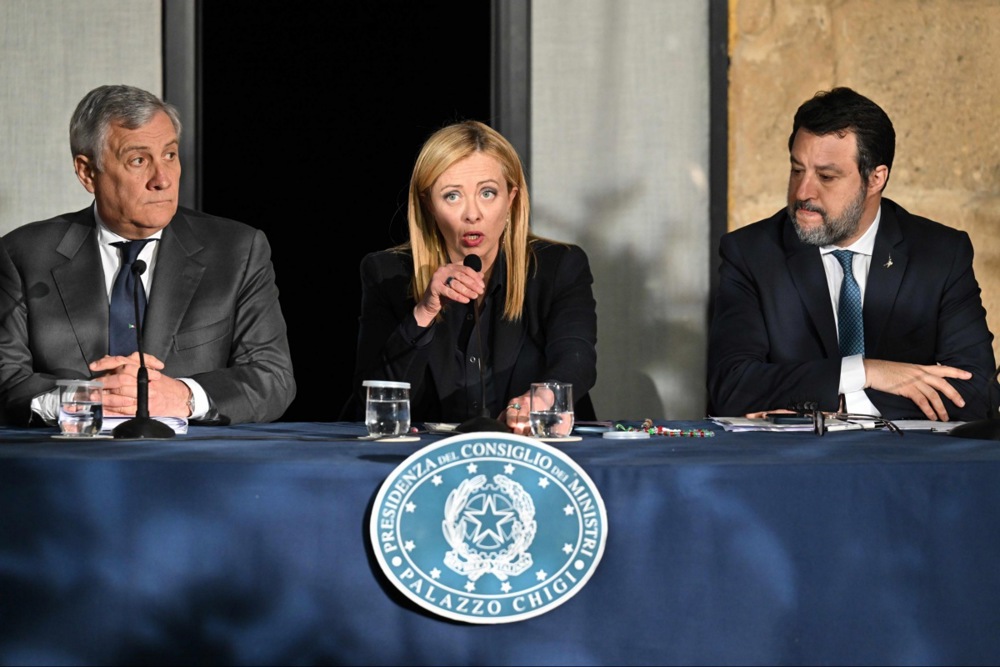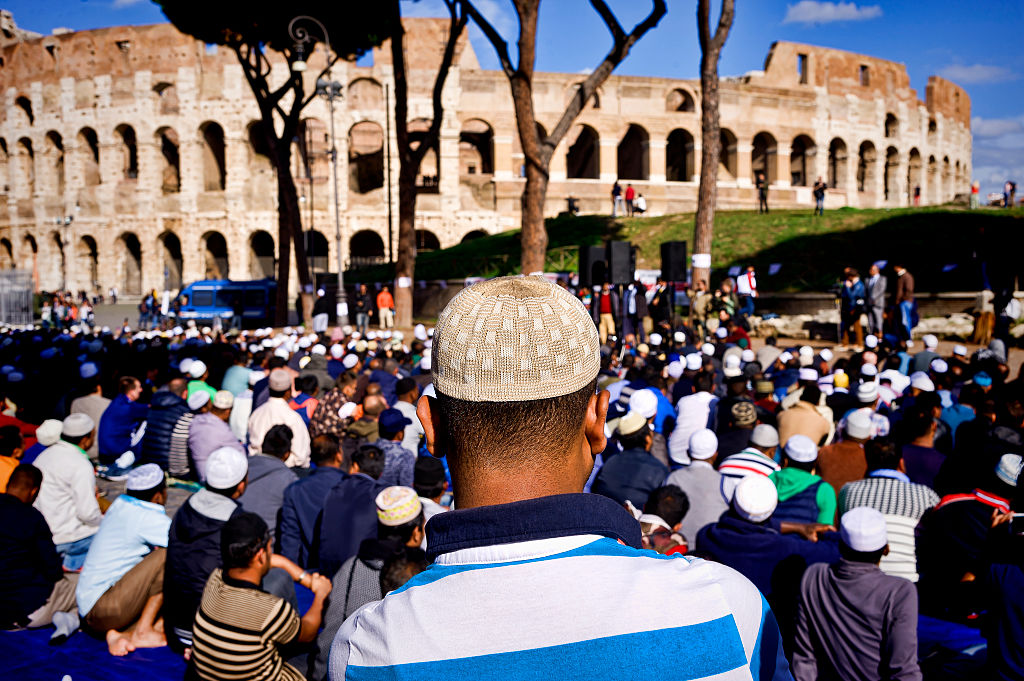An alleged plot to topple Italian Prime Minister Giorgia Meloni in favour of a centre-left coalition is shaking Italian politics.
It has sparked a crisis between the government and the Presidency of the Italian Republic, led by Sergio Mattarella.
It began yesterday following allegations published by the Milanese newspaper La Verità regarding Francesco Saverio Garofani — one of Mattarella’s closest advisers. It was alleged he had discussed scenarios aimed at weakening the right-wing government ahead of future elections and quickly escalated into an institutional confrontation.
The government is led by the prime minister – at present Meloni — approved by Parliament, which is elected by the Italian people, is responsible for running the country and making policy decisions.
The Presidency of the Republic – currently Mattarella – is not directly elected by the public and serves primarily as a ceremonial head of state, constitutional guarantor and neutral arbiter.
According to the La Verità report, Garofani allegedly referred to the possibility of a “providential shock” that could shift the political landscape before Italians return to the polls.
The paper details conversations in which Garofani is alleged to have endorsed the formation of alternative coalitions, such as “a great national civic list”, aiming to prevent a centre-right victory and block Meloni’s re-election.
Garofani allegedly said: “A year and a half might not be enough time to find someone who can beat the centre-right; what would be needed is a providential shock.” He then reportedly hoped for “a big financial crisis like in Berlusconi’s time, with the spread through the roof.”
While no concrete plan was provided, the suggestion that a senior presidential adviser might discuss such strategies triggered outrage within the governing coalition.
Meloni’s party, Fratelli d’Italia, immediately demanded explanations. Galeazzo Bignami, the party’s leader in the Chamber of Deputies, called on the President to issue an unequivocal denial.
Bignami argued that the comments attributed to Garofani were incompatible with the political neutrality expected from senior presidential advisers.
The Presidency’s response was ambivalent. An official statement described the allegations as “absurd” and “bordering on the ridiculous”, firmly rejecting any involvement of advisers in political strategising.
Garofani, though, acknowledged having made the statements but insisted they were said in an informal, non-political context and denied any actual plan to undermine the government.
In an interview with Corriere della Sera, Garofani described the phrases as “chit-chat among friends” not a political “conspiracy.”
He called the controversy “disheartening” and said his comments had been “instrumentalised”. He insisted there was no concrete plan, only informal conversations among acquaintances. He reiterated that he had never worked — nor would ever work — to undermine the government.
Garofani is a senior advisor to the Presidency, recognised for his close working relationship with Mattarella.
Before assuming this role, he served as a parliamentarian for the leftist Partito Democratico (PD).
This perceived ideological proximity has added sensitivity to the allegations, given the potential friction with Meloni’s right-wing government.
Current opinion polls underscore the political strength of Meloni and her centre-right allies. An SWG survey from November 17 shows Fratelli d’Italia at 31.4 per cent, Lega at 7.8 per cent and Forza Italia at 8 per cent.
Meanwhile, PD is at 22 per cent and Movimento 5 Stelle (M5S) at 12.8 per cent.
Other polls show a similar pattern: The right-wing bloc remains dominant, while PD and M5S lag far behind, highlighting the concrete possibility of a centre-right victory in the next national elections in 2027.





